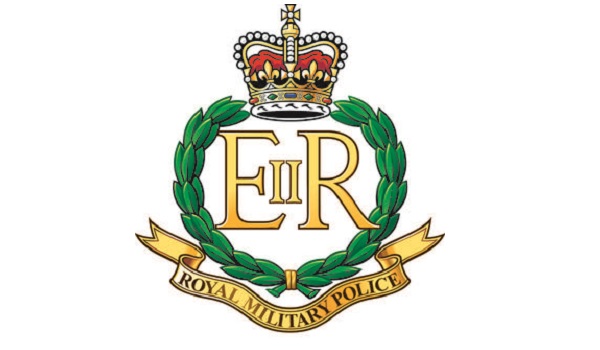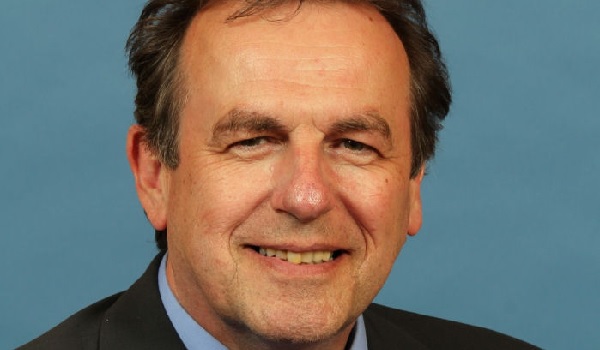Police facing ‘perfect storm’ of unprecedented demand, shrinking resources and high public expectations
Major shifts in the nature of demand on police, alongside a prolonged funding squeeze and high public expectations, have left the police under unprecedented pressure, according to a new report.
Rethinking Police Demand, from the crime and justice consultancy Crest Advisory, identified the rise in report violence and sexual crime as the most important shift in demand that has occurred within policing over the past decade. It also found that “vulnerability demand” – cases involving mental health, drugs, alcohol, domestic incidents or vulnerable persons – take up almost one-fifth of all police time and resources.
The report also found that although the volume of anti-social behaviour, which historically has made up the bulk of ‘non-crime demand’, has fallen by more than half over the past decade and it likely to continue to do so, this does not offset the pressure from rising violent and sexual crime and vulnerability demand.
According to polling commissioned by the research team, 60 to 70 per cent of the public considers the police’s role to be wider than solely dealing with crime, to include; public safety and protection of the vulnerable, mental health, missing children, anti-social behaviour, rowdy neighbours and alcohol-related disorder.
However, the current evidence base for the external demand on the police is not robust enough and the report suggest that a number of systematic, cross-cutting studies be commissions to improve the situation.
Commenting on the findings of the report, Crest Advisory’s managing director Harvey Redgrave said: “The police are facing a perfect storm. Demand from violent crime and sexual offences combined with high expectations around mental health and missing children is stretching officers to their limits.
“The public say they see all of this as the police’s role. And yet resources have fallen by a quarter since 2010. Without a change of course, policing is likely to face a crisis of legitimacy in the near future.
“The demand facing modern policing are changing in ways which have profound implications for future policing policy, not least with respect to how the police are funded. The police need to improve their ability to tackle the causes of demand, and to work more effectively as part of a wider system of public services. As we approach the next spending review, the case for police resourcing sits squarely alongside other key public services.”
Recommendations featured in the report include the issuing of a high-level political statement affirming a scope and role of the police that extends beyond a pure ‘crime’ focus, to include public safety, welfare and the protection of the vulnerable.
The report further suggests that police and crime commissioners should use their democratic authority and mandate to open up discussion with other agencies, to establish local agreements. In addition, police, local authorities, health and social services should establish multi-agency crisis teams in order to tackle complex cases that cut across service boundaries







